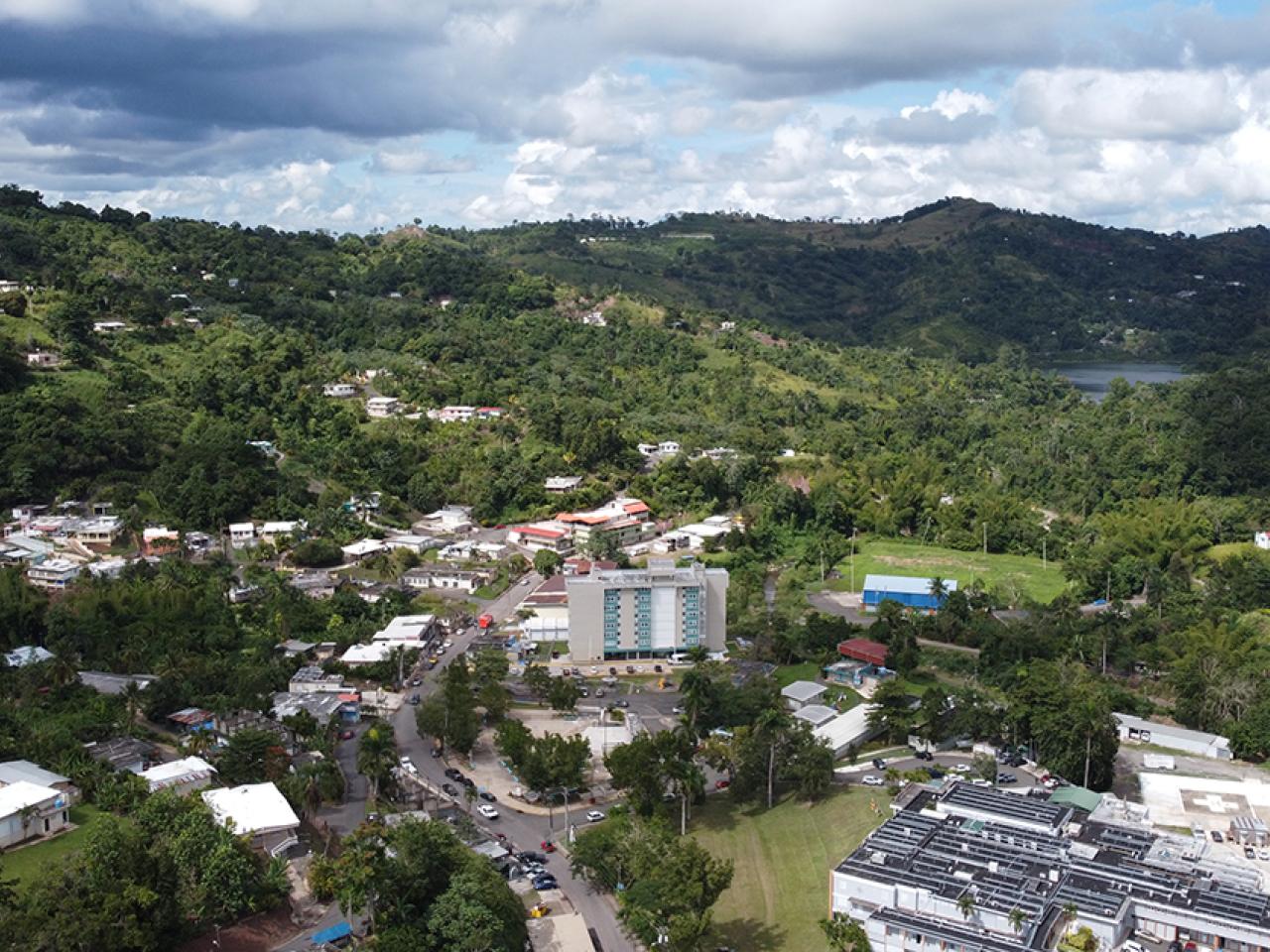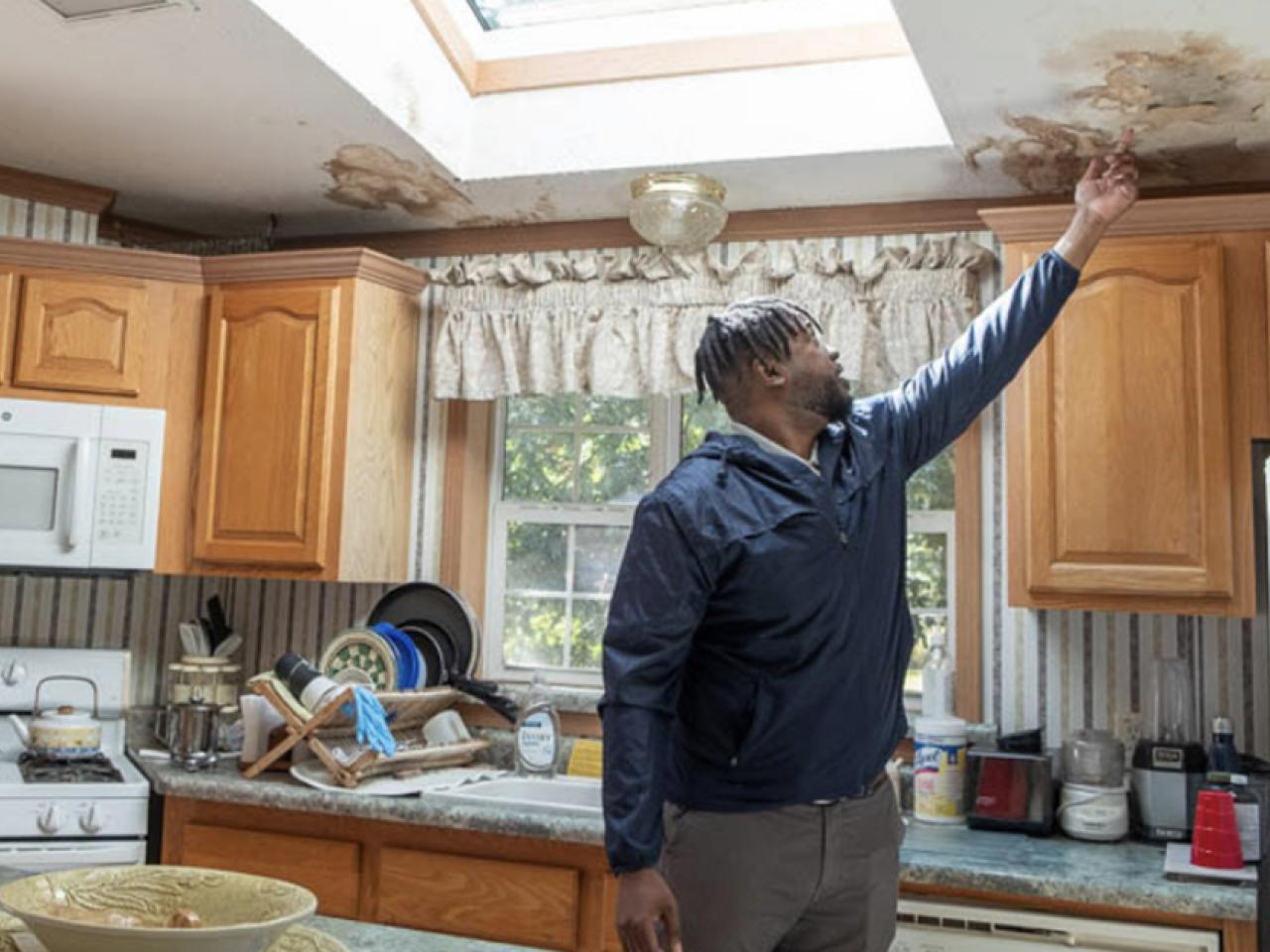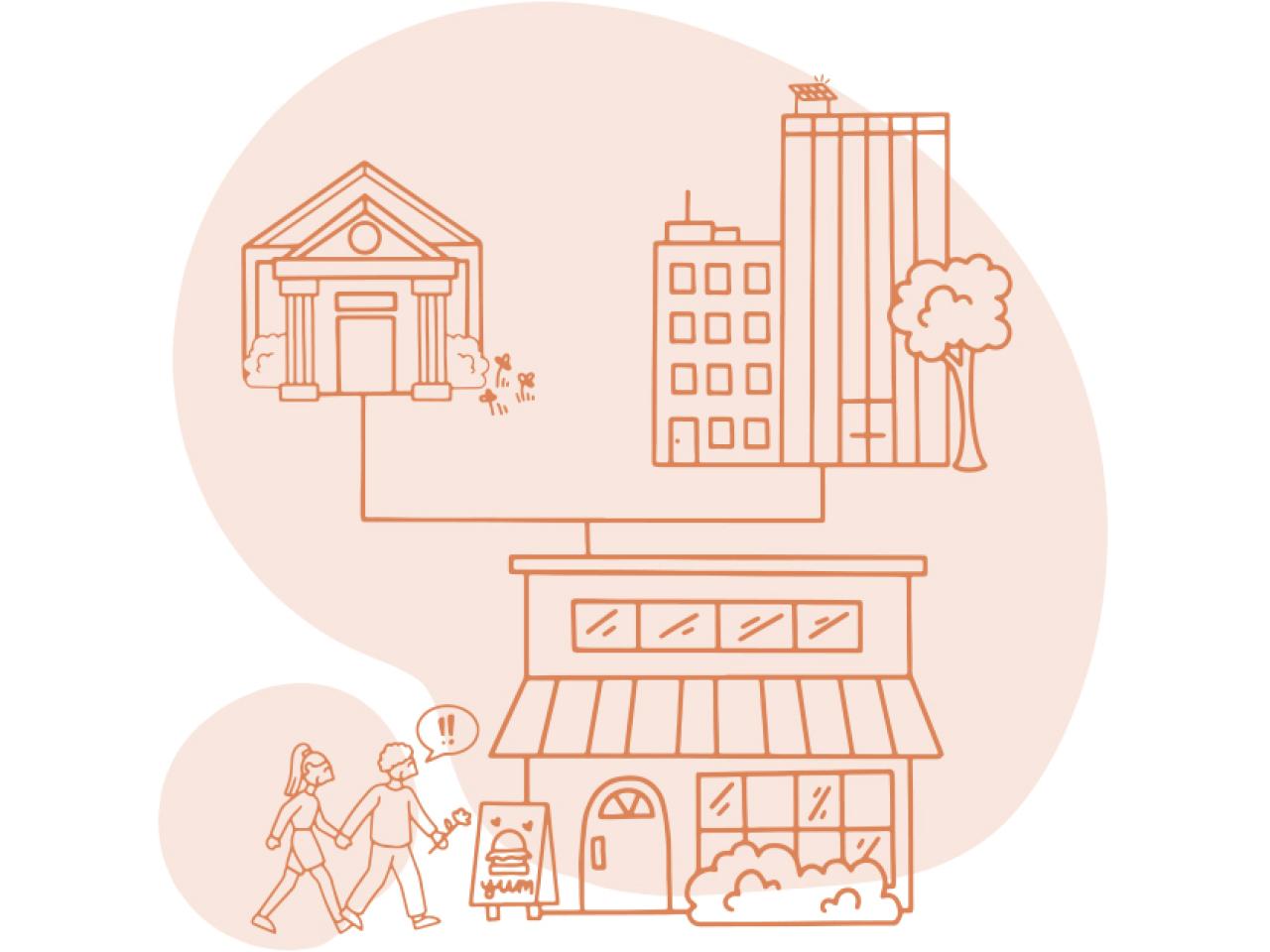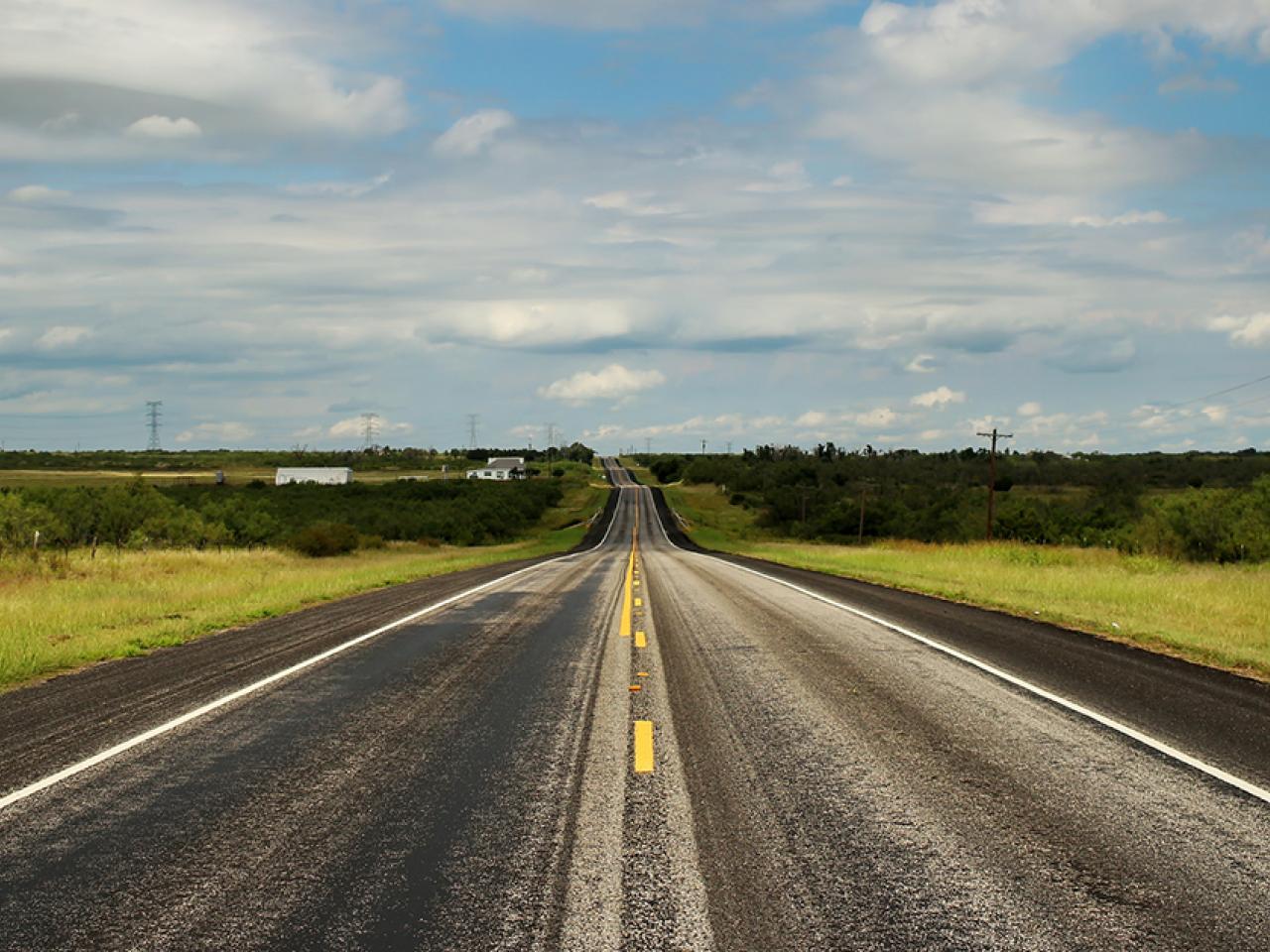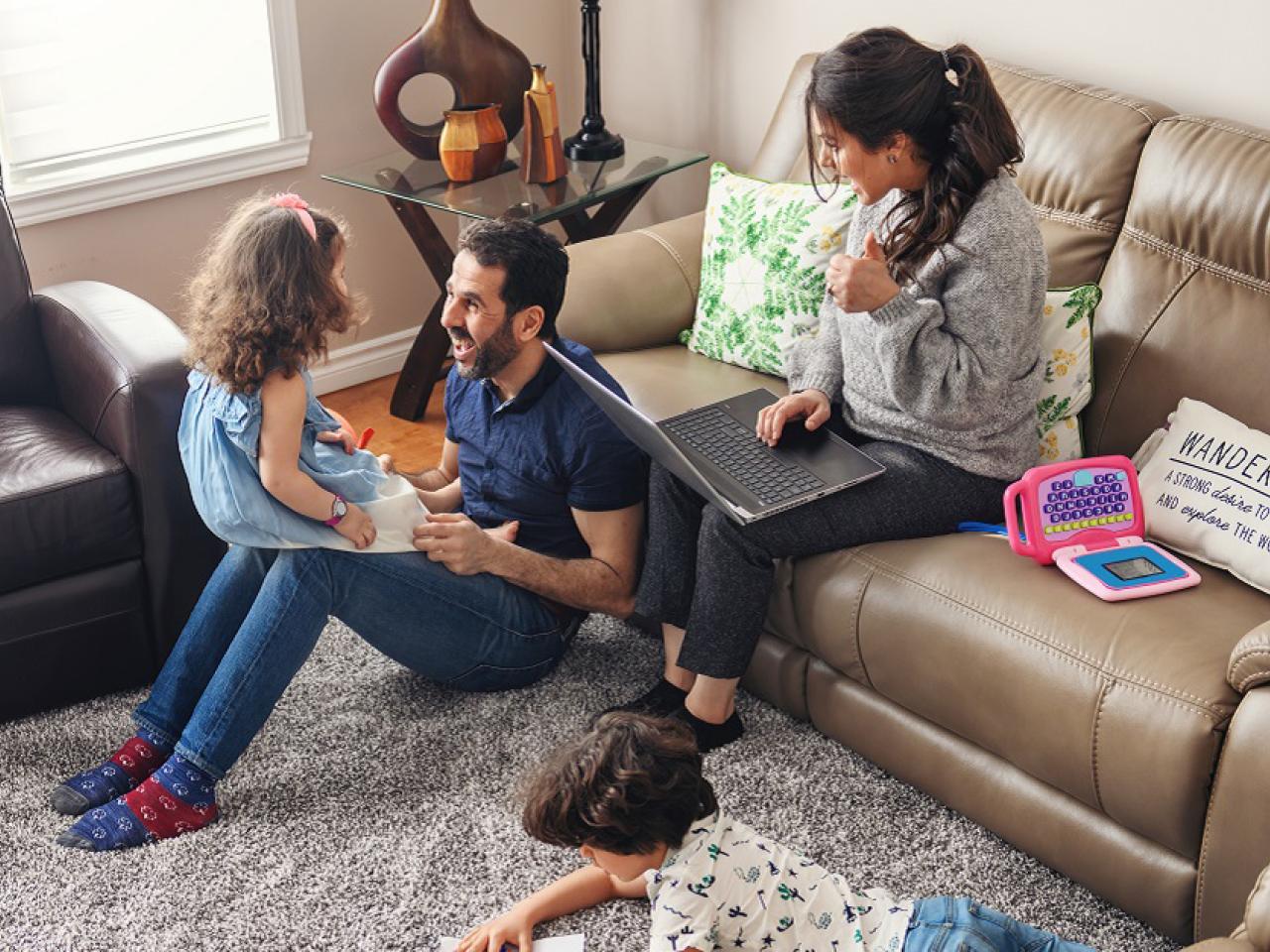Communities lead the way to climate action.
While initatives to combat climate change need to happen at both a global and national scale, it's also essential to enact change at a local level. In fact, local action has the advantage of being more responsive to the specific needs of communities—and can be adapted as those needs change. These types of projects also can feel more legitimate to local communities because they're based on their unique climate concerns.
See our work on Community Energy PlanningFeatured Stories
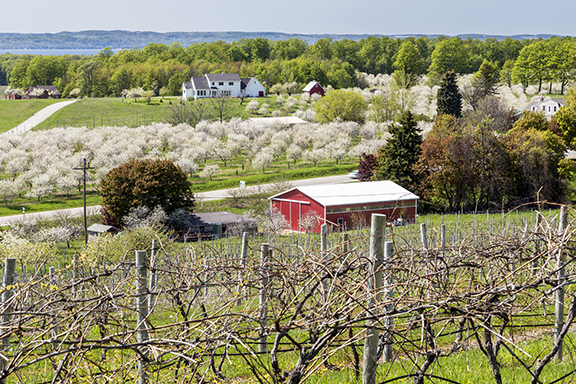
Rural Michigan cooperatives are setting the standard for carbon emissions reporting.

How one rural Michigan co-op invests in their community by serving non-profit businesses.
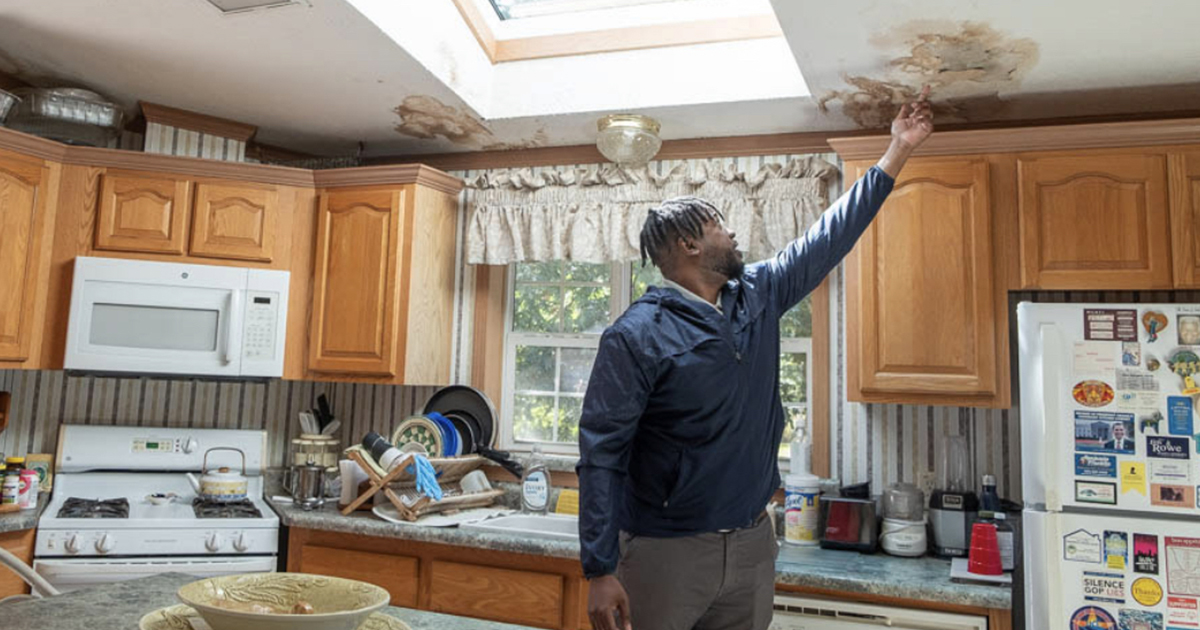
The residents of Pembroke Township are passionate about building an affordable clean energy future for their community.

